| THREE FACTORS OF EXPOSURE IN PHOTOGRAPHY |
 |
|
Exposure is one of the central elements in photography. Exposure refers to the amount of light captured with each image. Achieving proper exposure is crucial in photography, as it ensures that important details are preserved. Exposure is decided through three mechanisms: aperture, shutter speed and ISO. Each of these mechanisms affects exposure as well as other visual elements of the image.
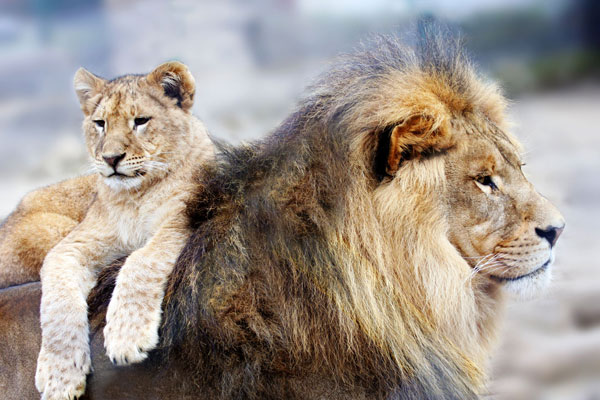
|
SUMMARY
| APERTURE |
SHUTTER SPEED |
ISO |
| Aperture refers to the size of the hole that lets light into the camera. Aperture is controlled through a value known as f-stop. F-stop values can range from around f/1.4 to f/22. |
Shutter speed refers to how long the sensor is exposed to light and is measured in seconds or fractions of a second. |
IOS refers to the camera's sensitivity to light. ISO can aid in making your image brighter or darker, but also produces varying levels of grain or "noise" in the final photo. |
|
| APERTURE |
 |
|
Aperture refers to the size of the hole that lets light into the camera. Aperture is controlled through a value known as f-stop. F-stop values can range from around f/1.4 to f/22.
|
A lower f-stop value, such as f/1.4 or f/2.5, means that the opening in the camera is larger and therefore allows more light in. Smaller f-stop values will allow more light to enter, but they will produce a shallow depth of field. A shallow depth of field produces a blurred or softened background, which is why lower f-stops are better suited for portrait or "up-close" photography.
|
With a larger f-stop value, such as f/16 or f/22, the opening is smaller and therefore allows less light to enter. Larger f-stop values will allow in more light, but they will produce a large depth of field. A large depth of field means that more of the photo is "in-focus." Larger f-stop values are better suited for landscape and outdoor photography.
|
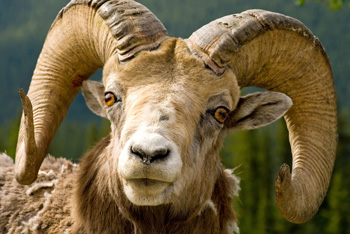
Lower f-stops are better suited for portrait or "up-close" photography.
|

Larger f-stop values are better suited for landscape and outdoor photography.
|
|
| SHUTTER SPEED |
 |
|
When you press the shutter button on the camera to take a photo, the sensor inside the camera is exposed to light and produces an image. Shutter speed refers to how long the sensor is exposed to light and is measured in seconds or fractions of a second.
|
A slow shutter speed (anywhere from 10 seconds to 1/60 of a second) will allow more light to be captured, but will be more susceptible to motion blurring or camera shake. For this reason, slower shutter speeds are better suited towards settings with little to no movement (landscapes and portraits).
|
A fast shutter speed (from 1/100 of a second to 1/4000 of a second) means that the sensor is exposed to light for less time, therefore allowing in less light. Fast shutter speeds allow the photographer to capture fast-moving objects such as athletes or cars without any motion blur, making them suitable for sports and action photography.
|
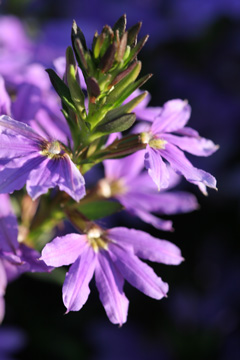
Slower shutter speeds are better suited towards settings with little to no movement (landscapes and portraits).
|
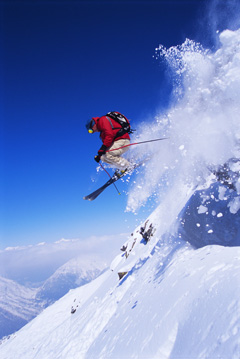
Fast shutter speeds allow the photographer to capture fast-moving objects without any motion blur, suitable for sports and action photography.
|
|
| ISO |
 |
|
International Organization of Standardization (IOS) refers to the camera's sensitivity to light. ISO can aid in making your image brighter or darker, but also produces varying levels of grain or "noise" in the final photo.
Simply put, the higher the ISO value, the more "noise" will be present in the photo. ISO values can range from 100 to 12,000 depending on the camera. With most modern digital cameras, noise from ISO becomes visible above 400. Newer digital cameras have more advanced low-light capabilities, allowing them to utilize higher ISO values without noticeable noise. Keeping ISO below the visible noise threshold will preserve detail in the final image.
|

Left side with Low (darker + not noticeable noise) ISO value, and right side with high (brighter + more noise) ISO value.
|
| CONCLUSION |
 |
|
A balance between all three mechanisms is required in order to achieve proper exposure and capture the desired details. Of course, many photographers place priority on certain aspects of exposure in order to help produce images that fit their specific creative requirements.
If you are a professional photographer or a hobbyist, learn how to see vital image details (shutter speed, ISO, f-stop, and etc.) embedded in your photographic images. EXIT metadata helps you find a specific image, recreate the perfect shot, helps you recreate someone else's perfect shot, helps you track your changes.
We offer artists, photographers the latest in Fine Art Reproduction. Using the latest in imaging and print technology, creating stunning fine art prints. Order a Sample Pack to get started!
|
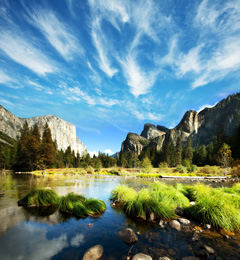
A balance between all three mechanisms is required to capture the desired details.
|
|
If you have questions about any of our services or products, don't hesitate to contact us. Our knowledgeable staff is always happy to assist with answers, advice, or suggestions.
|
|
© 2002-2026 - KeenART Media Ltd.
|
|
| |
|

